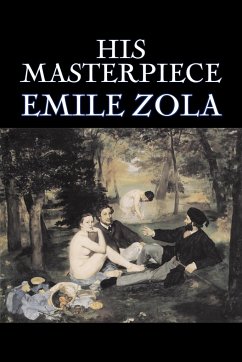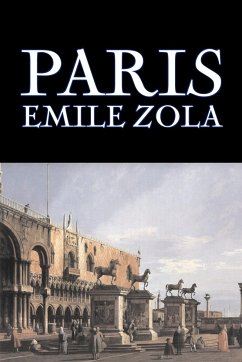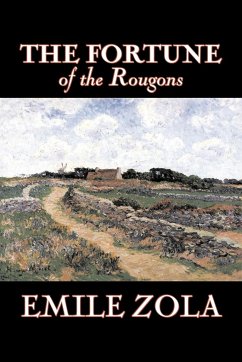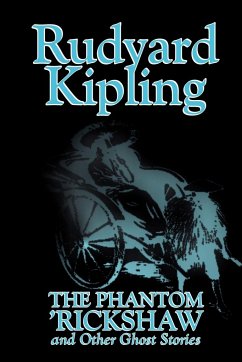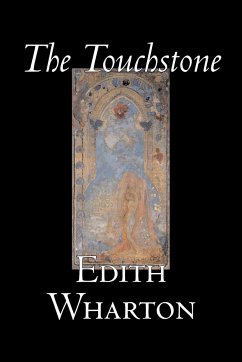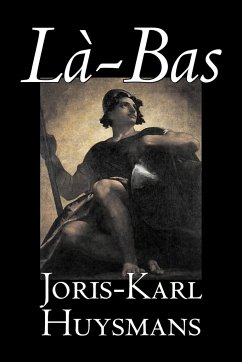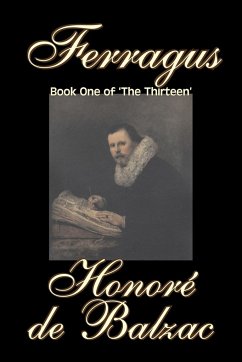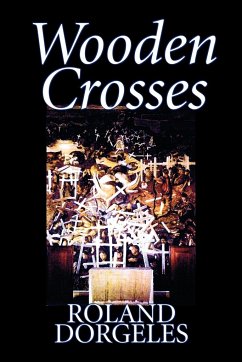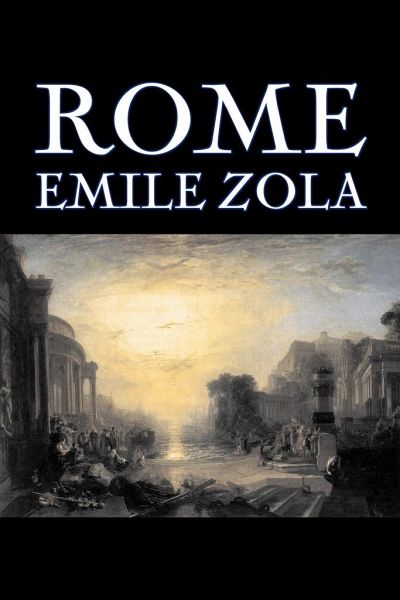
Rome by Emile Zola, Fiction, Literary, Classics
Versandkostenfrei!
Versandfertig in 1-2 Wochen
30,99 €
inkl. MwSt.

PAYBACK Punkte
15 °P sammeln!
Emile Zola was an elegant writer -- more elegant than his reputation as a political firebrand might suggest. Zola's most famous work was a newspaper article: his impassioned defense of imprisoned Captain Alfred Dreyfus, "J'accuse." Rome is the second volume of The Three Cities (Les Trois Villes), first published in 1896. The first volume tells of the troubled priest Pierre Froment's journey to Lourdes, hoping to find a cure for his spiritual doubts. In Rome, Pierre travels to the Holy City, hoping to persuade the Pope to approve of his Christian, socialist theories. The final book of the trilo...
Emile Zola was an elegant writer -- more elegant than his reputation as a political firebrand might suggest. Zola's most famous work was a newspaper article: his impassioned defense of imprisoned Captain Alfred Dreyfus, "J'accuse." Rome is the second volume of The Three Cities (Les Trois Villes), first published in 1896. The first volume tells of the troubled priest Pierre Froment's journey to Lourdes, hoping to find a cure for his spiritual doubts. In Rome, Pierre travels to the Holy City, hoping to persuade the Pope to approve of his Christian, socialist theories. The final book of the trilogy, Paris, tells of Pierre's return to the City of Light, watching the fall of Catholicism, and the rise of Pierre's new "faith" of scientific rationalism.




